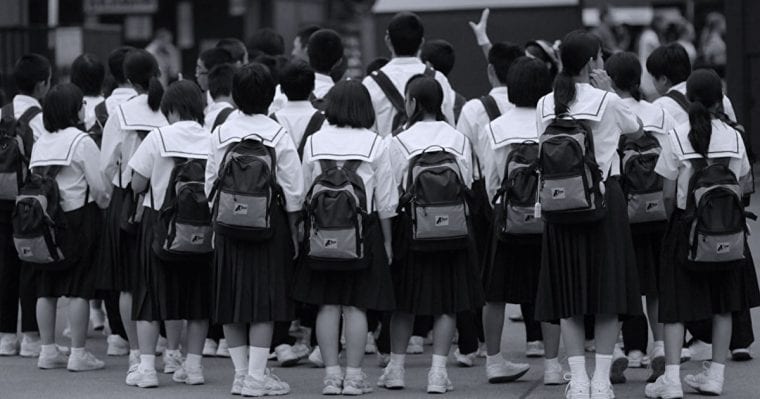Assam Chief Minister Himanta Biswa Sarma announced on June 12 a new initiative aimed at preventing early marriage among girl students and encouraging them to pursue higher education. The ‘Nijut Moina’ scheme will provide monthly stipends to girl students from class 11 through postgraduate studies.
Scheme Details
The ‘Nijut Moina’ scheme offers financial incentives to girls who enroll in higher education institutions:
- Classes 11 and 12: Rs 1,000 per month
- Undergraduate courses: Rs 1,250 per month
- Postgraduate courses: Rs 2,500 per month
The stipends will be transferred directly to the students’ bank accounts on the 11th of every month, reducing economic hardships and easing the financial burden on their families. This initiative aims to increase the enrollment ratio of girls in higher education institutions and promote their educational attainment.
Impact on Early Marriage
Chief Minister Sarma emphasized that the primary goal of the ‘Nijut Moina’ scheme is to delay marriages among girl students, enabling them to become financially independent. The scheme is expected to require an annual expenditure of approximately Rs 300-350 crore, potentially rising to Rs 1,500 crore per year as the number of beneficiaries increases.
Government’s Commitment
The Assam government has approved the scheme, demonstrating its commitment to supporting the education of girls in the state. The Chief Minister noted that the scheme will build on the success of a previous initiative that provided scooters to girls who achieved first-division marks, which resulted in an increase in the number of girls achieving high academic results.
Eligibility Criteria
The scheme will cover most girl students, with some exceptions:
- Excludes daughters of ministers, MLAs, and MPs
- Excludes students studying in private colleges
- Applies to girls from class 11 to post-graduation, with stipends provided for 10 months each year (excluding June and July)
Preventing Child Marriage
Sarma highlighted that preventing child marriage is a key objective of the scheme. Married girls will not be eligible for the stipend, except those already enrolled in postgraduate courses. The scheme aims to increase the gross enrollment ratio of girls in higher education substantially.
The ‘Nijut Moina’ scheme represents a significant step by the Assam government to support and empower girl students, ensuring they have the financial means to continue their education and delay marriage, ultimately leading to greater opportunities and economic independence for women in the state.







